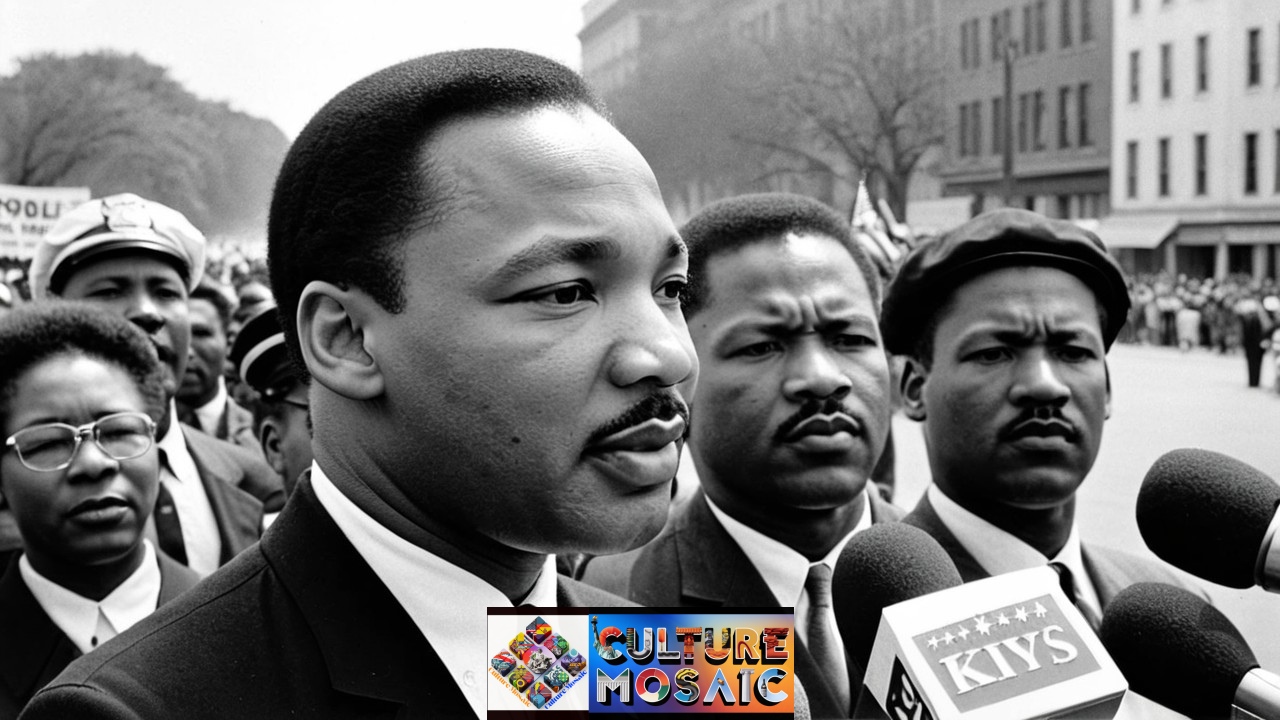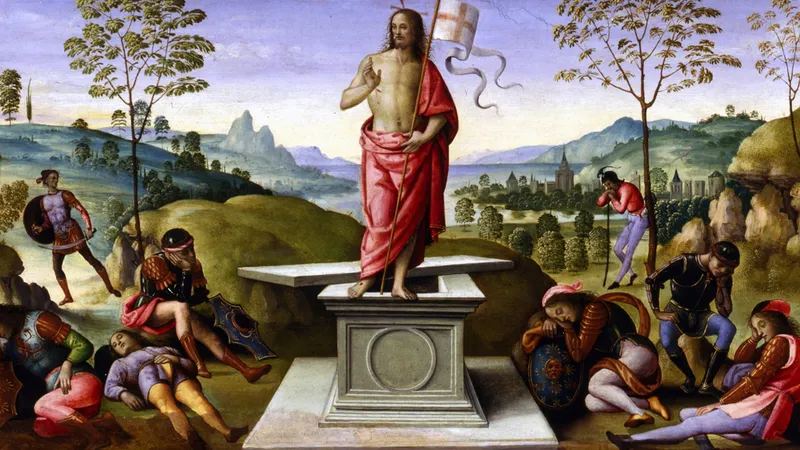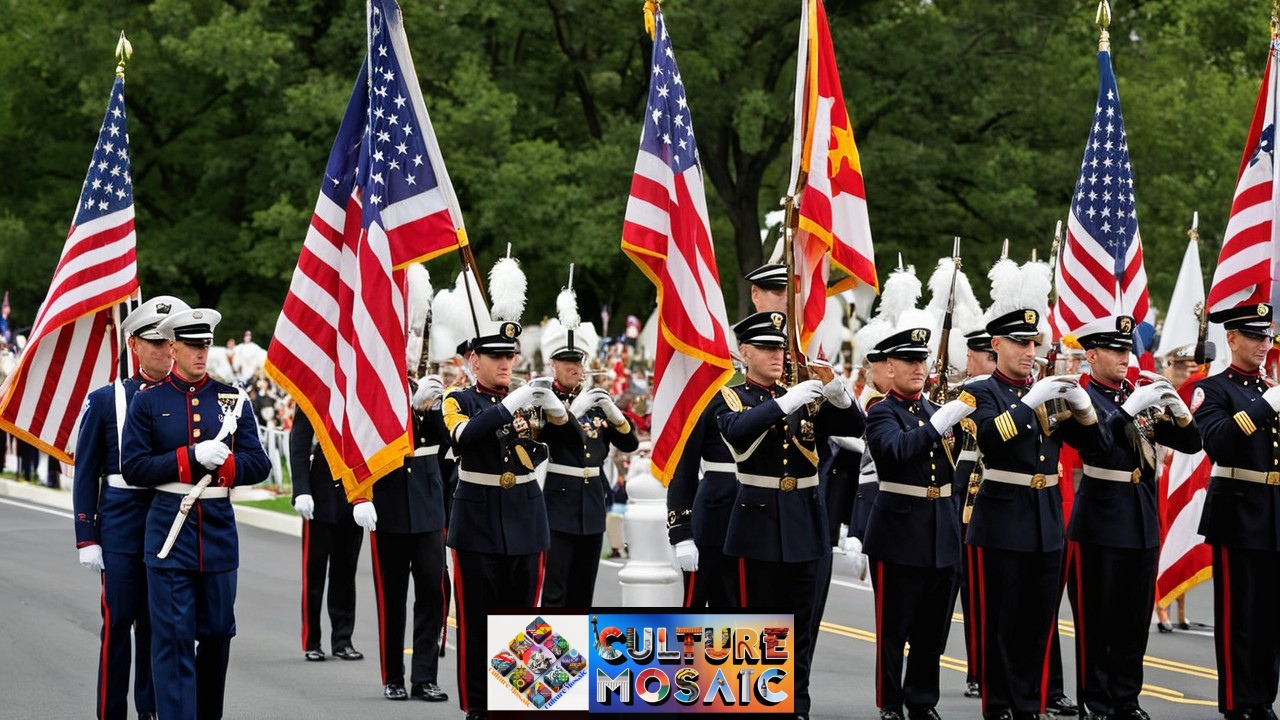Discover the Historical Roots and Cultural Significance Behind Major U.S. Celebrations
Introduction
American Holidays and Their Origin: Examining American holidays and their roots reveals the rich cultural, historical, and spiritual foundations that shape the nation’s identity. From solemn remembrances to festive traditions, each holiday in the United States reflects a unique aspect of its people and history. Understanding the origins of these holidays helps foster national pride, intergenerational connection, and a greater appreciation for the nation’s evolving values. This article presents 12 major American holidays, explaining their origins and the reasons why they continue to hold significance in modern times.
1. New Year’s Day (January 1)
Origin: Rooted in ancient Roman festivities honoring Janus, the god of beginnings, New Year’s Day entered U.S. tradition with European settlers. Officially recognized as a federal holiday in 1870, it symbolizes renewal and fresh starts.
2. Martin Luther King Jr. Day (Third Monday in January)

Origin: Designated a federal holiday in 1986, MLK Jr. Day commemorates Dr. King’s legacy and his role in advancing civil rights through peaceful protest and advocacy for equality.
3. Presidents’ Day (Third Monday in February)
Initially observed as George Washington’s birthday, the holiday broadened to recognize and celebrate all U.S. presidents.
4. Easter Sunday (Varies, March/April)

Origin: Celebrated by Christians as the resurrection of Jesus, Easter combines Biblical themes with ancient springtime rituals. Its non-federal status hasn’t diminished its widespread observance.
5. Memorial Day (Last Monday in May)
Origin: First known as Decoration Day in the 1860s, this holiday began as a way to honor fallen Union soldiers. It became a national holiday in 1971, now honoring all Americans who died in military service.
6. Independence Day (July 4)

Origin: Marking the adoption of the Declaration of Independence in 1776, July 4th was declared a federal holiday in 1870. The observance features fireworks, patriotic parades, and the recitation of historic documents.
7. Labor Day (First Monday in September)
Origin: Emerging during the labor movement in the 1880s, Labor Day was federally recognized in 1894 to honor workers’ rights and achievements in shaping fair labor practices.
8. Columbus Day (Second Monday in October)
Origin: Once a celebration of Christopher Columbus’ 1492 landing, this holiday has become controversial due to its colonial implications. Many regions now observe Indigenous Peoples’ Day instead.
9. Halloween (October 31)
Halloween traces its roots to the ancient Celtic festival of Samhain and gradually merged with Christian traditions throughout history. It arrived in the U.S. with Irish immigrants, evolving into a secular event marked by costumes and trick-or-treating.
10. Veterans Day (November 11)
Origin: Initially, Armistice Day, commemorating the end of WWI, was renamed in 1954 to honor all U.S. veterans for their service and sacrifice.
11. Thanksgiving Day (Fourth Thursday in November)
Origin: Inspired by a 1621 feast shared by Pilgrims and Wampanoag people, Thanksgiving became a national holiday in 1863. The holiday focuses on giving thanks, celebrating the harvest, and strengthening family bonds.
12. Christmas Day (December 25)
Origin: Commemorating the birth of Jesus Christ, Christmas merges Christian celebration with winter solstice customs. During the 19th century, its popularity grew significantly as festive symbols and traditions became widespread.
Table: Overview of American Holidays and Their Origins
| Holiday | Month | Federal Holiday | Historical Origin |
|---|---|---|---|
| New Year’s Day | January | Yes | Roman calendar reforms |
| MLK Jr. Day | January | Yes | Civil Rights Movement |
| Presidents’ Day | February | Yes | Honor to U.S. Presidents |
| Easter Sunday | March/April | No | Christian resurrection & spring festivals |
| Memorial Day | May | Yes | Civil War remembrance |
| Independence Day | July | Yes | Declaration of Independence |
| Labor Day | September | Yes | Recognition of labor contributions |
| Columbus Day | October | Yes | Columbus’ voyage & Indigenous rights |
| Halloween | October | No | Celtic & Christian roots |
| Veterans Day | November | Yes | WWI Armistice & veteran honors |
| Thanksgiving Day | November | Yes | Pilgrim-Wampanoag harvest gathering |
| Christmas Day | December | Yes | Birth of Jesus Christ & cultural celebration |
Conclusion
The exploration of American holidays and their origins provides a rich tapestry of historical, cultural, and ethical insights. From honoring founding fathers and civil rights leaders to celebrating seasonal changes and religious traditions, these holidays anchor American values in meaningful rituals. They not only mark significant events but also evolve with changing societal norms and narratives. As the U.S. continues to diversify and grow, these celebrations serve as vital touchpoints—bridging generations, cultures, and communities through shared remembrance and joy.
FAQs
1. What is the significance of July 4th in marking Independence Day?
It commemorates the day the Declaration of Independence was ratified in 1776.
2. What is the difference between Memorial Day and Veterans Day?
Memorial Day honors fallen soldiers; Veterans Day honors all who served.
3. What are the reasons behind certain states choosing not to observe Columbus Day?
Due to its colonial implications, some states observe Indigenous Peoples’ Day.
4. Are all holidays in the U.S. federal holidays?
No, only select holidays are federally recognized; others are cultural or religious.
5. How has Thanksgiving evolved?
This holiday has evolved from a local harvest festival into a nationally recognized day of thankfulness.
6. Why isn’t Easter a federal holiday in the U.S.?
Because it falls on a Sunday and is rooted in religious observance.

